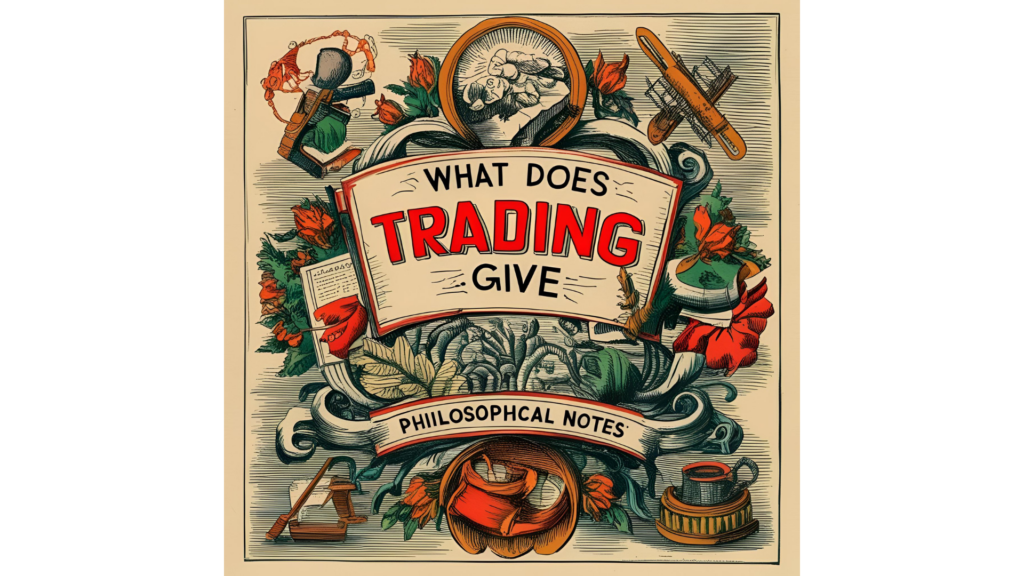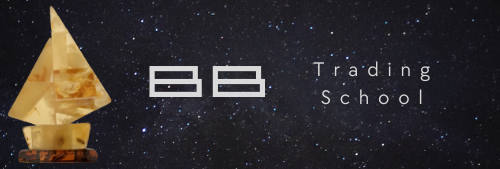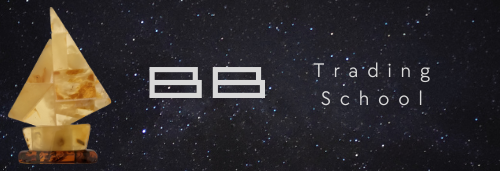Recently, I was asked whether there was ever a time in my experience when I burned out or became disillusioned with trading, and how I dealt with it. I immediately recalled the Soviet film The Prisoner of the Chateau d’If, in which, during a dialogue between Edmond Dantès and Abate Faria, the abate, upon seeing Dantès, said: “I myself have lost interest in life—about twenty times in total, the last time just a few minutes ago when I saw you!”
Since childhood, that phrase has struck me: despair can occur repeatedly, rather than being something you overcome once and then become immune to forever. Unfortunately, life works differently. A new day brings new goals, a new chance to experience either joy or disappointment. So, is it really worth engaging in trading?
Let’s begin by trying to evaluate trading objectively, from an outsider’s perspective. For this purpose, I consulted ChatGPT and asked it to list 10 areas of human activity ranked by risk (from highest to lowest) while considering the following factors: the amount of initial investment, payback period, availability of external (including government) funding, influence of natural factors, level of competition, and the required professionalism. What do you think, where did trading on the stock market end up? Please leave your answer in the comments if you feel inclined.
The result surprised even me. By asking clarifying questions, I shifted the position of this business by 5 units! But the original list looked like this:
Space Industry
– Projects in this field require colossal investments, have multi-year payback periods, and are almost entirely dependent on government or specialized private funding. Moreover, they are associated with high technical and external risks linked to the extreme conditions of outer space.
Oil and Gas Industry
– This sector is characterized by gigantic investments, long periods for investment recovery, and high sensitivity to global energy prices and geopolitical factors. Environmental and geological risks, as well as the need for highly qualified specialists, significantly increase the overall risk.
Mining Industry
– In addition to substantial capital expenditures and long payback periods, mineral extraction is exposed to unpredictable natural conditions and environmental constraints. Fierce competition in the global market further adds to the risk level.
Large-Scale Construction and Infrastructure Projects
– These projects require enormous capital, long implementation periods, and are often dependent on government contracts and major investors. Additional risks come from natural factors (geological conditions, climate, natural disasters) and intense competition among contractors.
High-Tech Manufacturing
– In this field, significant investments are directed toward research and development, and bringing a product to market can take considerable time. Dependence on strategic partners, subsidies, constant technological updates, and high competition elevate the risk level.
IT Startups
– Although one can begin with relatively modest investments, IT startups face uncertainty in profitability, rapid market changes, and fierce competition. Scaling the business requires significant effort and professional expertise.
Restaurant Business
– Launching a chain of restaurants or cafes involves substantial expenses for rent, equipment, staff, and marketing. Rapidly changing consumer trends and high competition in the food service segment increase operational risks.
Physical Retail Trade
– Despite moderate initial investments and shorter payback periods, this sector is vulnerable to risks associated with shifts in consumer preferences, local factors (location, seasonality), and intense competition.
Agriculture
– This industry may receive government support, yet its outcomes directly depend on natural conditions: weather, climate changes, and biological threats (such as pests). This makes the investment payback period less predictable.
Retail Trading (in Financial Markets)
– Provided one has the necessary qualifications, this type of activity requires comparatively small initial investments and is characterized by a short payback period. The primary risks are market volatility and high competition, but professional management can significantly mitigate losses.
That is, trading ended up in 10th place! This means that trading is not the most risky activity—provided, of course, that you possess the required professionalism. It is not entirely clear how much time and where to acquire this professionalism, but that’s a topic for another time. The key takeaway is: trading can be quite favorable if you know what you’re doing.
The second question I posed to my electronic counterpart was: What does trading offer besides money?
Self-Discipline and Control:
In an ever-changing market, trading demands strict discipline, decision-making skills, and control over one’s emotions. This process fosters the development of inner composure, an important quality in life.
Self-Knowledge and Analysis:
By analyzing one’s own actions, mistakes, and successes, a trader learns to better understand themselves, their reactions to stressful situations, and their weaknesses. This experience helps one gain a deeper insight into their true motives and values.
Acceptance of Uncertainty:
The market is always full of uncertainty and randomness. Working in such an environment teaches you to accept that the future is unpredictable and to find harmony in a constantly changing world. This, in turn, nurtures flexible thinking and adaptability.
Learning Through Mistakes:
Every failure in trading is an opportunity to learn something new. This approach cultivates the ability to view mistakes as stepping stones to improvement rather than as setbacks.
A Philosophical Metaphor for Life:
Trading often serves as a mirror for life: it teaches that success does not come instantly, that continuous growth is important, and that true value lies in personal development—not merely in material gains.
Thus, trading can become a tool for developing inner strength, self-knowledge, and the ability to embrace life’s uncertainties, helping one become more mature and resilient in any situation.
From an external perspective, the points on “acceptance of uncertainty,” “learning through mistakes,” and “a philosophical metaphor for life” are things we agree with, yet often fail to fully understand or internalize. Consequently, they are difficult to change and can trigger bouts of depression or despair due to recurring failures.
The practical advice I offered is this: first, determine for yourself why you turned to trading and what you hope to achieve from it. Think about what you would rather be doing instead of trading. Then, pursue that activity—not in place of trading, but alongside it—and compare the outcomes. This is the only way I’ve been able to decide what is truly worth pursuing. Of course, the issue of time arises, but believe me, time exists—you just need to find it, and here, trading can be an invaluable aid.
If, after this evaluation, you find that trading offers no positive aspects for you, feel free to stop. I did not become a pianist or a surgeon, and I do not regret it at all; likewise, you will know that you did everything possible to figure things out, and you can peacefully close this page.
Sincerely!



